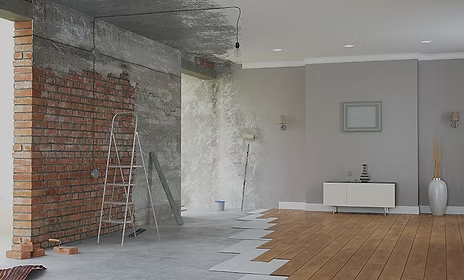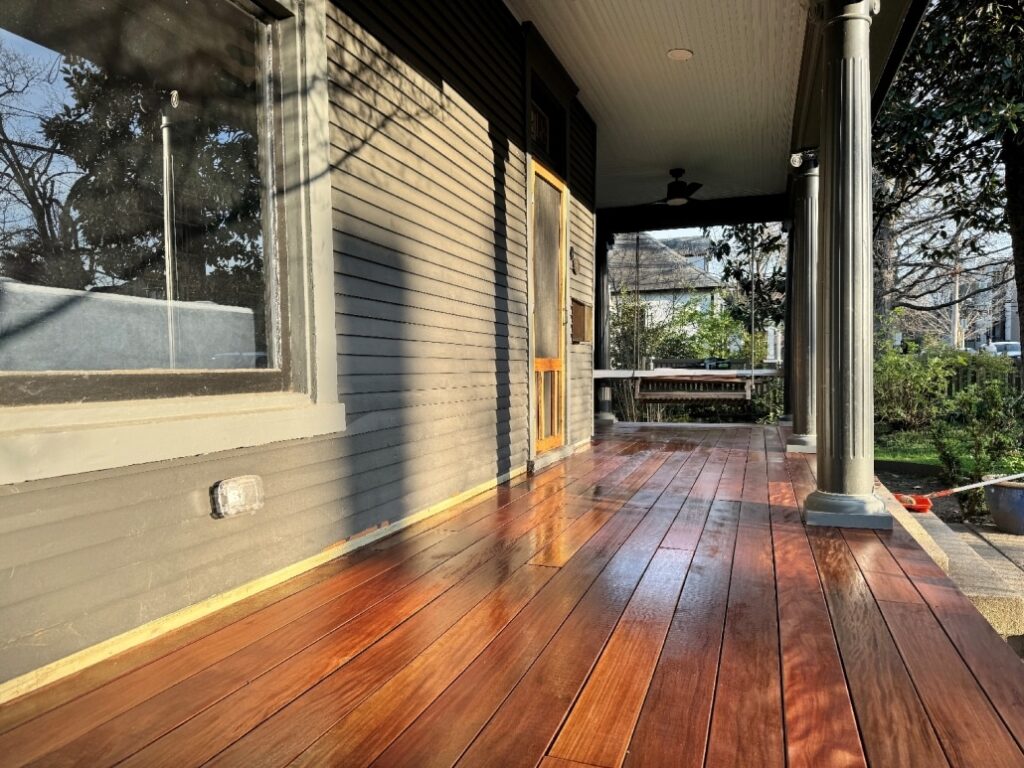Choosing the right roof for your home is a big decision. In the UK, especially in cities like Cardiff where the weather can be unpredictable, your choice between a flat roof and a pitched roof can affect everything from your heating bills to maintenance costs.
Both roof types come with their own pros and cons. In this guide, we’ll compare the two in simple terms to help you decide which is better suited to your home, lifestyle, and the local climate.
What Is a Flat Roof?
A flat roof isn’t completely flat—it has a slight slope to help rainwater drain off. You’ll often see flat roofs on extensions, garages, or some modern-style homes. Their simple design gives a sleek, low-profile look that suits many modern builds.
Flat roofs are usually finished with materials like felt, rubber (EPDM), or fibreglass, all sealed properly to prevent leaks. When installed and maintained by professionals offering reliable roofing services, these roofs can last for many years.
Because they’re cheaper to build and quicker to install than pitched roofs, flat roofs are a popular choice for new add-ons and outbuildings.
What Is a Pitched Roof?
A pitched roof is the classic sloped roof you’ll see on most older homes across the UK. These roofs are designed to let rain, snow, and debris slide off easily, which is useful given our wet and windy weather.
They usually have two sides that meet in the middle, forming a peak or ridge. Pitched roofs are made using tiles, slates, or shingles, and are supported by timber or steel frameworks.
Because of their steep angle, pitched roofs offer more space underneath, which can be used for storage or even converted into an extra room.
Advantages of a Flat Roof
-
Cheaper and quicker to build – ideal for small builds or tight budgets
-
Easier access – great for installing solar panels or doing inspections
-
Modern appearance – suits contemporary home styles and extensions
Flat roofs are also good when you want to add things like roof gardens or outdoor spaces. Their flat surface can be used in ways a pitched roof can’t, which is why some modern homes make the most of this design.
Advantages of a Pitched Roof
There are many reasons why pitched roofs are so popular in the UK. For starters, they’re better at dealing with our rainy climate. The slope helps rainwater run off quickly, reducing the risk of leaks or standing water.
Another benefit is insulation. Pitched roofs allow for more layers and space, which can help keep heat inside your home in winter and reduce energy bills.
They also last longer than flat roofs. With the right materials and care, a pitched roof can stay strong for 60 years or more, while flat roofs might need replacing sooner.
Weather Resistance: Which Performs Better in Cardiff?
The Welsh weather can be harsh, especially during autumn and winter. Pitched roofs tend to handle it better due to their slope, which stops rain from pooling and prevents snow buildup. Flat roofs, by contrast, need regular checks to make sure water isn’t collecting on the surface.
That said, modern flat roofs are built with better drainage systems than before. If installed well, they can still cope with Cardiff’s wet weather – but they do need more attention over time.
Maintenance and Repairs
Flat roofs are easier to access, which means it’s simpler and cheaper to carry out small repairs or inspections. You can usually walk on them safely, which helps when clearing debris or checking for damage.
However, flat roofs may need more maintenance overall. Pitched roofs don’t need checking as often, and when they’re built with good materials, they tend to stand up better to the elements.
Still, when repairs are needed on pitched roofs, they can cost more and take longer, especially if scaffolding is required or the tiles are hard to match.
Cost Differences
When it comes to costs, flat roofs win on price. They’re faster to build and require fewer materials, which means savings upfront. If you’re building a new extension or replacing a garage roof, flat roofs offer a more budget-friendly option.
But while pitched roofs cost more to install, they often give better value in the long run due to their durability and energy efficiency.
Energy Efficiency and Space Use
Pitched roofs allow for better insulation, which helps your home stay warmer in the colder months. This can lead to lower heating costs, especially in older Cardiff homes with high ceilings.
Also, pitched roofs give you extra space inside the loft. This can be used for storage or even turned into an extra bedroom or office – adding value to your property.
Flat roofs don’t offer the same headroom, so you’re more limited in how the space below can be used.
Aesthetic and Design Preferences
If you prefer a traditional look, a pitched roof might suit your taste. It complements period properties and fits in nicely with the character of most UK streets.
In contrast, flat roofs offer a more modern, clean appearance. They work well with minimalist or contemporary designs, making them a popular choice for new builds and extensions.
Your final decision may also be influenced by the surrounding architecture or local planning rules. Speaking with experienced roofers in Cardiff can help you understand what style works best for your area and ensure your roof meets local guidelines.
Which Roof Type Is Right for You?
There’s no one-size-fits-all answer. It depends on your home, your budget, and your needs.
-
Go for a flat roof if you want a quick, affordable build and prefer a modern design. They’re also ideal for garages, porches, and extensions.
-
Choose a pitched roof if you want long-term durability, better weather protection, and more loft space.
If you’re still unsure, speak to a local roofer who understands Cardiff’s housing styles and climate. They can guide you based on your home’s structure and what will work best over time.
Conclusion
Whether you go for a flat or pitched roof, the key is to have it installed properly by flat roofing contractors and maintain regularly. Each type has its strengths, and both can perform well in the UK when cared for.
Take time to think about your needs and speak with a trusted roofer before making your decision. Your roof is a big part of your home – and getting it right means peace of mind for years to come.








